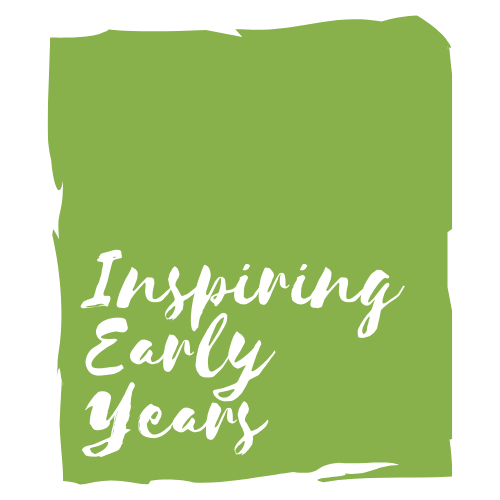Breaking down gender stereotypes in early childhood education is one of the most important steps towards creating a more equitable and inclusive society. From a very young age, children are exposed to gendered messages through a variety of mediums, such as toys, books, and media, which can perpetuate harmful stereotypes and limit children’s aspirations. The responsibility to challenge these gender norms and create a supportive environment for all children lies primarily with educators and parents.
Early childhood education is a crucial time for addressing gender stereotypes and promoting gender equality. Educators can play a key role in challenging gender norms and creating an environment where children feel free to express themselves without societal pressure. One way to achieve this is by providing children with a wide range of activities and materials that challenge traditional gender roles. For example, boys can be encouraged to play with dolls, and girls can be encouraged to play with building blocks, which will help them develop new skills and break free from gender stereotypes at an early age.
It is also essential for educators to model inclusive behaviour and language. This means avoiding language that reinforces gender stereotypes such as assuming that a child’s favorite color is pink because they are a girl. Educators must take the time to challenge children when they make sexist or discriminatory comments to ensure that they understand the impact of their words.
Finally, involving families in these efforts is essential. Parents and caregivers can help reinforce these messages at home and support their children in breaking free from gender stereotypes. Educators and parents must work together to create an environment where children feel safe to express themselves, and their individuality is celebrated.
Breaking down gender stereotypes in early childhood education is a critical step towards creating a more just and equitable society for all. By doing so, we can give children more opportunities to grow and develop without being limited by societal norms. Let us all work together towards a future where children are free to express themselves without fear of judgment or discrimination.

